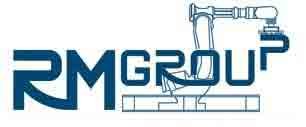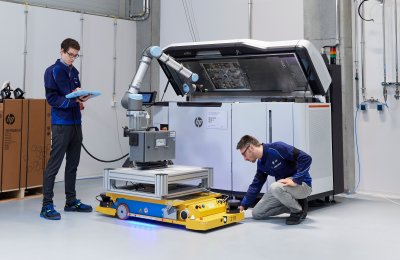Hydrogen-fueled cars take off in China
Hydrogen fueled cars may be facing strong criticism in the west, but in China, these vehicles are starting to play an increasingly powerful role in reducing emissions from the country’s roads.
More Stories
Hydrogen fueled cars may be facing strong criticism in the west, but in China, these vehicles are starting to play an increasingly powerful role in reducing emissions from the country’s roads.
China’s Ministry of Housing and Urban-Rural Development is drafting new regulations that will govern the industry surrounding hydrogen fuelled cars, a report by Hydroden Fuel News said.
The ministry has come up with its latest draft of the regulations that will govern the storage and transportation of H2 for powering vehicles. This newest version of the regulation could open new possibilities for transporting and storing hydrogen in liquid form, which is considerably less expensive than transporting and storing pressurized gas. Pressurized gas is currently the most commonly used method of H2 storage and shipping.
Current estimates are that the H2 needed to power a fuel cell vehicle in China currently costs about $10 per kg (70 yuan). However, experts believe that the price needs to be brought below $5.75 (40 yuan) before using this renewable energy source will be genuinely competitive with traditional gas-powered cars.
Liquified H2 has the potential to create adequate savings to substantially reduce the price of the fuel for powering personal transportation vehicles. Researchers at the National Development and Reform Commission in China have estimated that the cost of transporting H2 as a liquid is about one eighth of the cost associated with transporting it as a pressurized gas.
Many countries such as the United States, Japan and Germany are already widely using the transportation of liquified hydrogen for precisely that reason.
The Ministry of Housing and Urban-Rural Development has been working on the regulation for transporting and storing the H2 for hydrogen fueled cars for some time. Moreover, there have been other contributing sources, such as a national committee. Last year, it called for comments on draft technical requirements for that fuel’s safe transportation and storage. There have been delays in the completion of that draft due to the pandemic crisis, but it continues moving forward. --Tradearabia News Service
Projects
















